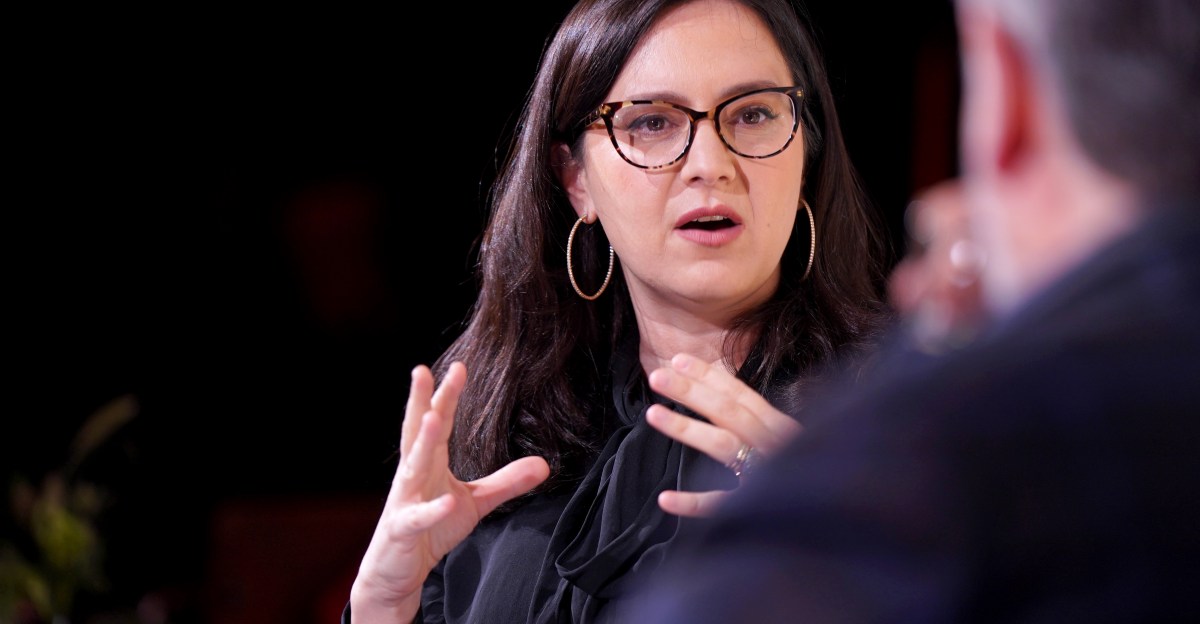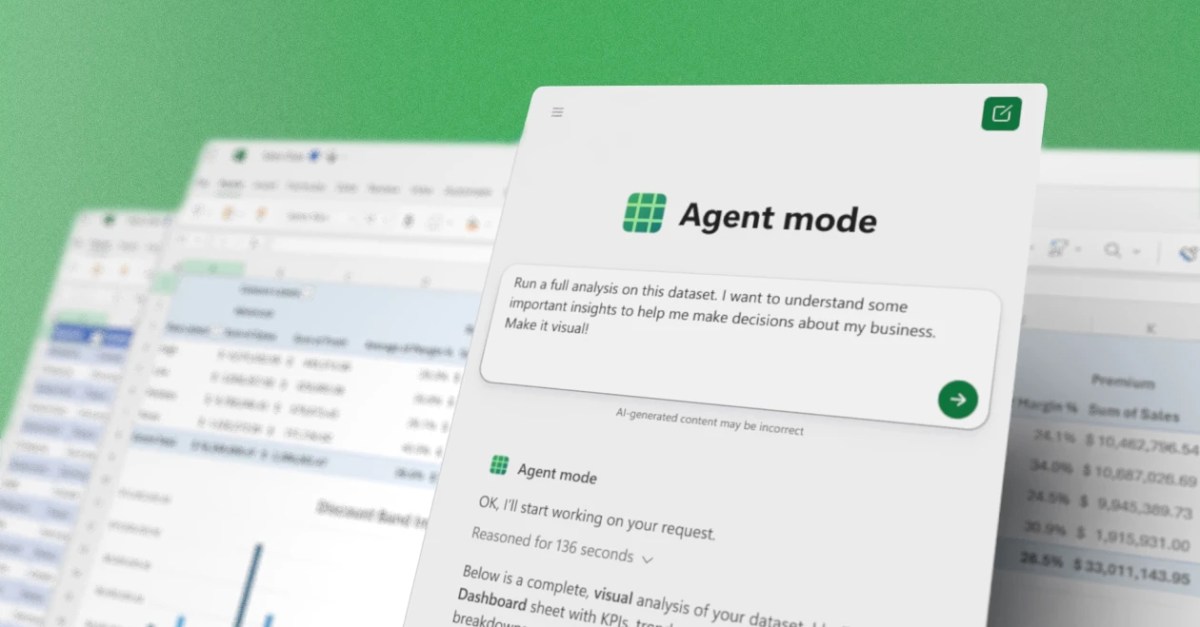Powderhorn
Unemployed journalist, burner, raver, graphic artist and vandweller.
I read news so you don’t have to (but you still should).
- 186 Posts
- 1.04K Comments

 1·1 day ago
1·1 day agoI mean, I’ve only very recently realized that I’m on the spectrum. Not diagnosed, but several online tests coalesced around an 87% chance. It would explain a lot.
Also makes you a really kickass editor.

 7·1 day ago
7·1 day agoI mean, you train entire generations to just have things spoonfed to them from the almighty algorithm, and this is one net result.
Music discovery used to be a process, and it was a social endeavour. Friends would suggest something or force you to listen to it, and – in my case – it was almost always wrong. But there was still the social experience.
As someone who rarely listens to music with lyrics, I want to draw my own conclusions and emotions, not some slop that I could have written in sixth grade as a terrible English student.
Huh. They were still around in the age of streaming?

 0·1 day ago
0·1 day agoThey don’t have different “needs” … they just don’t realize what they’ve signed up for. It was very easy to get rid of Facebook … I sent a final message letting them know how to get a hold of me. If they don’t want to engage elsewhere, it’s relatively easy to determine the depth of our friendship.
I’ve been in solitary confinement for going on seven years. I doubt you’d enjoy it as much as you think. We’re social creatures.
I do want to point out, as I was a bit snarky in my last reply, that I appreciate your more balanced tone here.

 1·1 day ago
1·1 day agoI mean, I left Facebook in 2014 and have never been on Instagram or TikTok. You act like it’s this huge endeavour to not be on such sites. I used WhatsApp to stay in touch with my family in Europe, but once Facebook bought that, I was done. Told them to message me on Signal.
I’m asking people to give up parasocial relationships. They aren’t useful, so no loss there.
And it’s not my fault they can’t see that.

 2·1 day ago
2·1 day agoyou have to provide a significant advantage to make it worth the pain, and there simply isn’t one.
Ah, but there is. Privacy. Some of us are old enough to remember when that was an enshrined right instead of us just being data providers to rich guys.
I don’t know why you think you have the moral high ground here and are being so argumentative and making specious analogies, but, yeah, there are people who don’t like being part of a surveillance economy, and as paid-off lawmakers aren’t going to do jack shit, we need to have options outside of just being pawns for Google and Apple.
How this escapes you is beyond me, but I’m not going to be an asshole like you’ve been in every response on this thread.

 2·1 day ago
2·1 day agoI hate Android. A bit over a decade ago, I ran across an ArsTechnica article about a sale on Windows Phone, so I figured, for $55, may as well give it a try. Turns out I don’t hate the form factor; I hate Android.
I got a much better Windows phone shortly after, and I rode that for about two years. When I first got into the ecosystem, pretty much all apps were available (The Economist built a WP app!), but as uptake went nowhere, the apps started disappearing, and I had to come crawling back to Android.
I hate this fucking thing of “no, no, let us control your hardware.” And software options. And sell your location data to anyone willing to buy it.

 1·1 day ago
1·1 day agoThe ceasefire has stopped two years of devastating warfare in Gaza triggered by the Oct. 7, 2023, attack, in which Hamas-led gunmen killed around 1,200 people and seized 251 hostages, according to Israeli tallies.
Gunmen? Come on, CBC, you can do better. Hamas didn’t go into a rave and start shooting. These were rocket attacks.

 12·2 days ago
12·2 days agoI’m still fucking pissed that MS stopped Windows Phone development. My Lumia 950XL was the height of my smartphone experience. Live tiles, so, like, I could just look at my home screen and see how my accounts were doing (yeah, I used to have savings and investments and such) alongside weather and … a Jedi needs not these things.
But when you get laid off three times in a year, the calculus changes. “Sorry you’re fucked, but we don’t care” – IRS
I wanted to try GrapheneOS on an old Pixel, but when I pulled it out of the box, the power button was gone. And you can’t really fake it with a ballpoint pen.

 491·2 days ago
491·2 days agoChrist, is this a blowjob piece. I mean, suggesting Rufus is a great alternative, but shit like:
If you’ve still yet to upgrade, I’d encourage you not to worry too much, as I’ve found Windows 11 to be perfectly usable. Although I miss the Windows 10 era and all it represented, there’s little to get up in arms about over Windows 11. There are some quirks that weren’t present in Windows 10, but the transition should be relatively painless. Well, once you’ve managed to actually get the installation media onto that memory stick, that is.
is just shoddy journalism. This smacks of “don’t consider Linux,” which, fine, this is PC Gamer after all. Other than ads being introduced to the OS, the shedloads of telemetry, constant UI changes (Start menu, Settings app), and the nags for OneDrive, Xbox and more, I guess there’s little to complain about

 11·3 days ago
11·3 days agoSodium-ion is fine for fixed storage. The energy density isn’t there for EVs.

 2·4 days ago
2·4 days agoInteresting fun fact: Everyone was the right-fielder that goes unnamed in Who’s on First.
A soft-spoken man by nature, working the outfield led him to lose his concept of the “inside voice,” and as such, when Everyone spoke, everyone else had no choice but to listen or ditch out for a cigarette.

 1·4 days ago
1·4 days agoDon’t get me wrong … I thoroughly enjoyed the college ski vacation with friends that I paid my portion of by selling the 6 ounces I’d recently inherited.
At $285/ounce. Now it’s $4,000.

 4·4 days ago
4·4 days agoI’d be surprised if 20% of U.S. adults could tell you who Franz Ferdinand was, let alone why he’s a historical figure. Make the prompt “Archduke” Ferdinand, and that figure might double, generously.

 2·4 days ago
2·4 days agoAmy Goodman did a taping in the small college town I moved to for my first management role. We had three reporters and a few stringers, and one reporter expressed interest … bad idea (this is the same reporter I had to ban from using spellcheck, as he selected the first option each time, meaning everything was spelled correctly – essentially a 2004 version of autocorrect where the spelling is impeccable, but the words are wrong [“party with a causal atmosphere” was my first concrete tip that something was going wrong, because his idiolect didn’t include “causal”]).
He got back to the office fawning like he’d just met Elvis, and the story he wrote reflected that stance. Honestly one of the tougher pieces I’ve edited, because he wrote a column, and I had to turn it into a news story. In any other circumstance, I’d have thrown it back to him, but here, there was no guarantee that what came back wouldn’t be worse than the first draft.
I am somewhat disappointed that the advertised Part 2 of the Doctorow interview isn’t available yet.

 2·5 days ago
2·5 days agoI just figured it was an Amazon dropshipper.

 4·6 days ago
4·6 days agoI’m a bit too spent to really kick the tires on yet another site, but there is a journalism community on there now.

 6·6 days ago
6·6 days agoIt’s not a net positive, no.

 161·7 days ago
161·7 days agoTo part a fool from their money.



















Death by Hamburger.